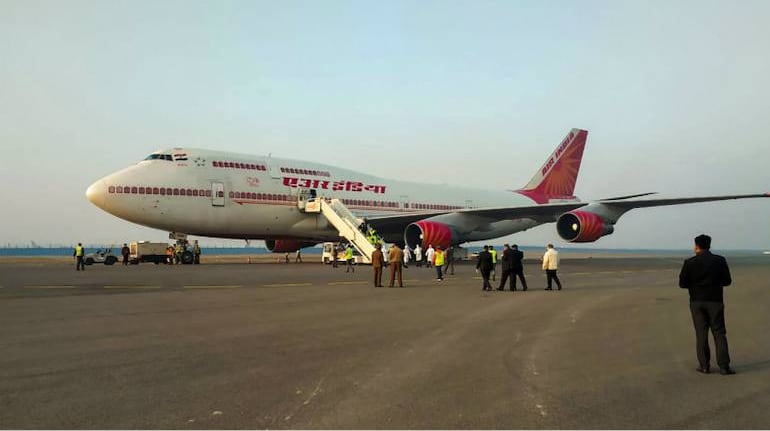International flights: Check flights leaving for and from India to bring back stranded Indians.
The Centre started the ‘Vande Bharat Mission’ on May 6 to help those stranded due to the novel coronavirus pandemic reach their destinations via international repatriation flights.
According to the Civil Aviation Ministry, 9,585 repatriation flights were operated by the Air India Group under the Vande Bharat Mission till November 18, carrying over 12.30 lakh passengers. Of these, 4,791 were inbound flights carrying 7,69,234 passengers and 4,794 were outbound flights with 4,61,489 fliers.
The mission is currently in Phase 7 which will continue until March 28, 2021.
Here is the repatriation international flights schedule for November 23:
Air India repatriation schedule for November 23: Ex-India to foreign stations (in local time)
> AI 1919: Ahmedabad (12.00) to Nairobi> AI 1913: Delhi (9.55) to Dammam
Air India repatriation schedule for November 23: Ex-foreign stations to India (in local time)
> AI 1914: Dammam to Lucknow (19.30)
Click here for Moneycontrol’s full coverage of the novel coronavirus pandemic